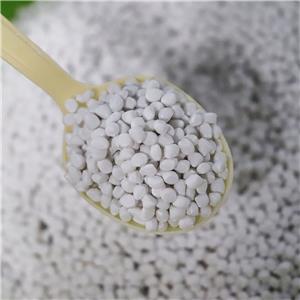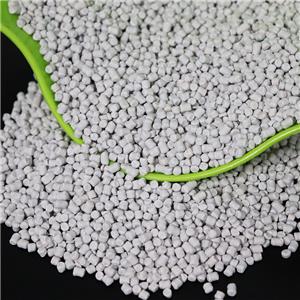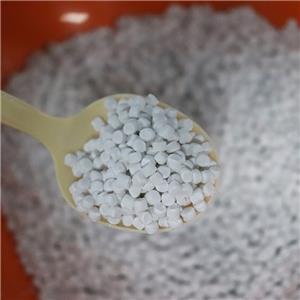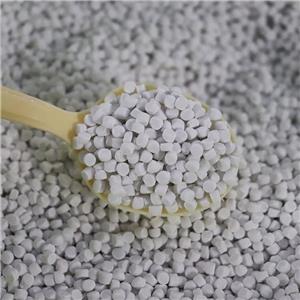Application of inorganic fillers in rubber industry
The rubber industry is currently called more complex, the original rubber only refers to natural rubber or synthetic rubber, but there are also some elastomers called rubber. Rubber in modern industry because of its large pollution, many conventional rubber products have been gradually replaced, but many such as tires, conveyor belt and other rubber products, still have not found a suitable alternative products, rubber materials are widely used in automotive products, footwear, conveyor and other industries.
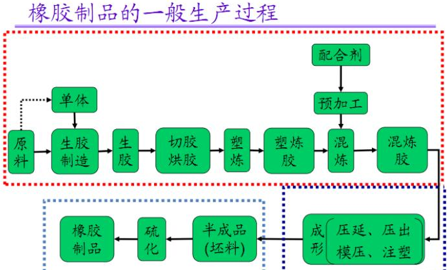
The production process of the rubber industry is relatively stable, and the basic process is: mixing - raw material plastication (i.e. open refining) - cutting - vulcanization, of which the most important process is plastication and vulcanization.
Due to the high price of rubber resin raw materials, and the early rubber processing is difficult, the production process often adds a certain amount of inorganic filler in the rubber, one is to reduce the overall production cost, the second is to improve the overall processability, the early rubber industry only uses carbon black as filler, the main purpose is to strengthen and speed up rubber vulcanization speed, but carbon black is expensive, with industrial development, The rubber industry has also gradually begun to add other inorganic fillers such as talc, calcium carbonate, and barium sulfate.
Application of talc powder in rubber:
When talc powder is added to rubber, it mainly improves rigidity, dimensional stability and lubricity. Because talc powder has a layer of grease on the surface, talc can give rubber good insulation properties, so that it can be used as insulation materials for wires, cables and other products. Talc can also improve the rubber's slip resistance and water resistance. Therefore, talc powder is usually used in wire and cable to improve the hydrophobicity of the product. In addition, talc powder has a certain smoothness and wear resistance, in the production process of rubber, adding a certain amount of talc powder can improve the overall release property and the wear resistance of the finished product. Improve processing performance: The addition of talc powder can improve the processing flow of rubber, reduce energy consumption, and make rubber easier to plasticize, calendering and vulcanization.
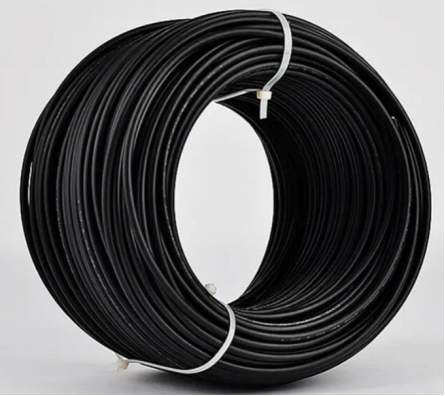
Application of calcium carbonate in rubber:
Calcium carbonate is mainly divided into light calcium carbonate, heavy calcium carbonate and nano calcium carbonate, of which nano calcium carbonate particle size is the smallest, the best reinforcement effect, used in high strength demand for conveyor belts, soles, tires and other products; Light calcium carbonate and activated light calcium carbonate are generally used in medical hoses, rubber gloves and other products; The heavy calcium carbonate reinforcement effect is poor, but the price is low, so it is used in some low-end rubber products.
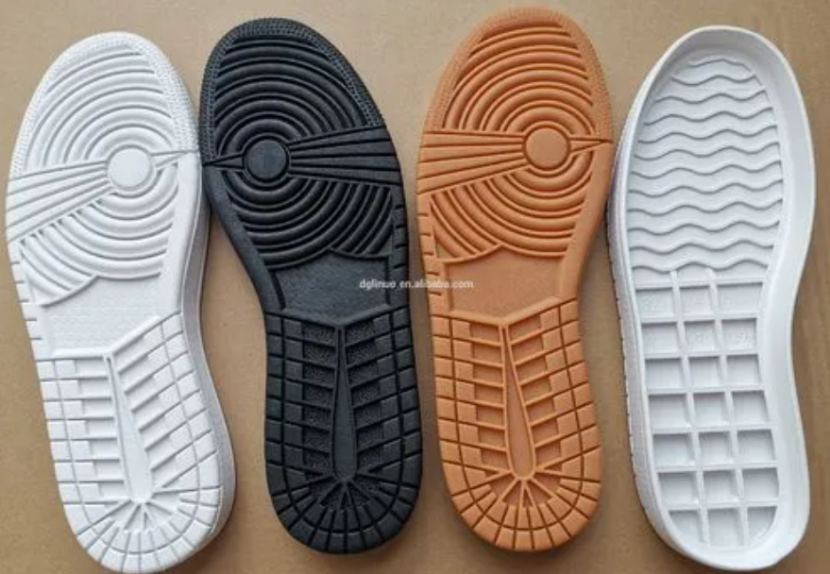
Flavored, non-toxic powder, due to its high density and good insulation properties, it has specific applications in the rubber industry. The following are the application characteristics of barium sulfate in rubber:
Increase the density of rubber: Barium sulfate is a high-density filler that can be used to increase the density of rubber products, which is particularly important in rubber products requiring specific density properties, such as certain model rubber and medical supplies.
Enhanced wear resistance: barium sulfate has a higher hardness, which can enhance the wear resistance of rubber, making rubber products more durable during use.
Improve mechanical properties: The addition of barium sulfate can improve the tensile strength and tearing strength of rubber, thereby improving the mechanical properties of rubber.
Used as a white pigment: Since barium sulfate is white, it can also be used as a white pigment in rubber products to provide a beautiful appearance.
Improve heat resistance: barium sulfate has certain heat resistance, which can improve the heat aging performance of rubber products, so that rubber products can still maintain good performance under high temperature environment.
X-ray blocking: Barium sulfate is an effective X-ray blocking material, so it can be used in the production of rubber products requiring X-ray blocking properties, such as medical radiation protection supplies.
It should be noted that the use of barium sulfate as a filler is usually limited, because too much addition may affect the processing properties of the rubber and the performance of the final product. In addition, the use of barium sulfate also needs to consider its impact on the environment and possible compatibility with other components of rubber.
In practical applications, the amount, particle size and dispersion of barium sulfate need to be strictly controlled to ensure that the performance of rubber products meet the design requirements.
Conclusion:
In addition to the above fillers, the rubber industry will also add silica, aluminum hydroxide and other fillers, rubber products are different, the required performance is different, the demand for fillers is different, so you can choose the right filler according to their own product needs, if you are still at a loss for the choice of fillers, you can also contact our company, we will be happy to serve you.

